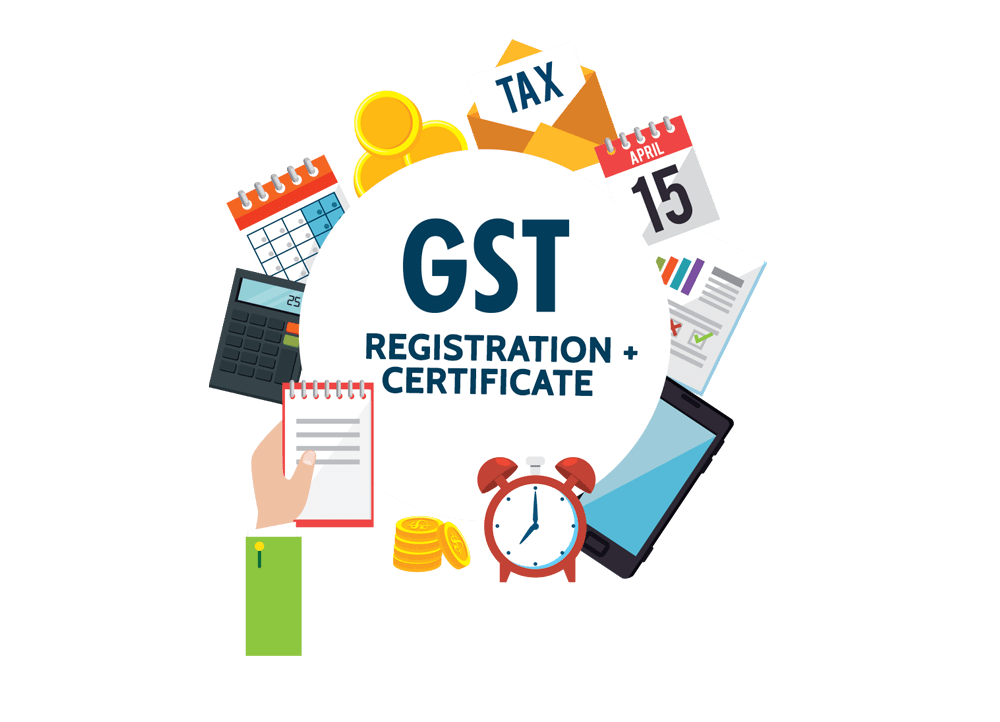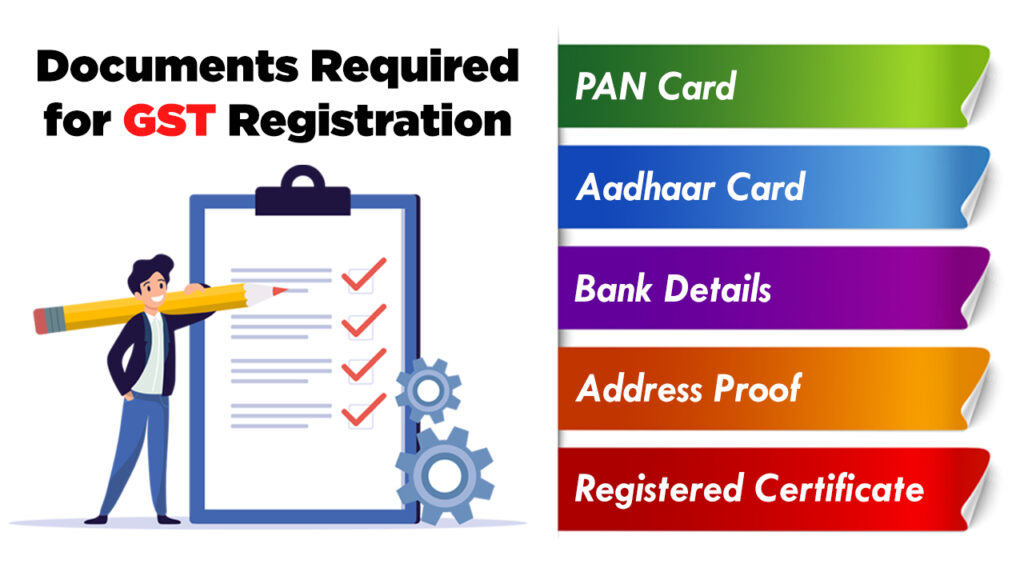How to Locate the most effective GST Registration Services in Singapore Promptly
How to Locate the most effective GST Registration Services in Singapore Promptly
Blog Article
Throughout: The Ultimate Roadmap to GST Registration for Businesses Looking For Financial Security
Browsing the intricacies of Product and Provider Tax Obligation (GST) registration is a critical step for services pursuing economic security. From recognizing the essential concepts of GST to conforming with post-registration guidelines, the procedure can appear daunting initially glance. However, damaging down the roadmap right into convenient actions can streamline the enrollment journey for services wanting to enhance their monetary standing. Allow's explore the vital components that compose this supreme roadmap and discover just how each phase adds to laying a solid foundation for monetary success.
Comprehending GST Fundamentals
Looking into the essential principles of Goods and Provider Tax Obligation (GST) is crucial for getting a thorough understanding of its ramifications on organizations and the economic climate. GST is a value-added tax obligation levied on many items and solutions for residential intake. It has actually replaced numerous indirect tax obligations that existed in the pre-GST period, simplifying the tax structure and boosting convenience of doing organization in India. Under the GST system, both goods and services are exhausted at a certain price, which is identified based on their classification. If their annual turn over goes beyond the threshold restriction set by the federal government, organizations are required to register for GST. Input Tax Obligation Credit Report (ITC) is a considerable function of GST, permitting services to declare credit score for tax obligations paid on inputs, minimizing the total tax obligation concern. Recognizing the fundamentals of GST is vital for organizations to adhere to tax obligation regulations, handle their funds successfully, and add to the nation's financial development by joining a clear tax system.
Qualification Criteria for Registration
To register for GST, businesses should fulfill specific eligibility standards established by the government. The primary eligibility need is that any type of company involved in the supply of products or services with a yearly accumulation turn over over the threshold restriction set by the authorities should sign up for GST. Since the existing laws, the threshold limit for GST enrollment is a yearly aggregate turn over of 40 lakhs for organizations operating within a state, other than for special category states where the restriction is 20 lakhs. In addition, certain businesses are required to register for GST regardless of their turnover, such as interstate vendors, laid-back taxed individuals, and businesses liable to pay tax obligation under the reverse cost device. It is vital for businesses to thoroughly analyze their turnover and transaction kinds to establish their GST registration responsibilities properly. Failing to sign up for GST when eligible can lead to penalties and lawful consequences, making it vital for services to abide by the defined qualification criteria.
Records Required for Registration
Having fulfilled the eligibility criteria for GST registration, companies must now ensure they have the requisite papers in location to continue with the registration process effectively. The records needed for GST enrollment generally consist of proof of service constitution, such as collaboration action, enrollment certification, or unification certification for various types of companies. In addition, companies require to offer records establishing the principal location of organization, such as a rental agreement or electrical energy bill.
Step-by-Step Registration Process
Beginning the GST enrollment process involves a collection of organized steps to guarantee a certified and smooth enrollment for services. The initial step is to visit the GST website and fill in the registration type with exact details of business entity. Following this, the applicant gets a Short-lived Recommendation Number (TRN) which is used to resume the application process if it's not finished in one go.
Next, all required documents as per the checklist supplied by the GST portal requirement to be posted. These records commonly consist of proof of service enrollment, address and identity evidence of promoters, monetary statements, and organization entity's frying pan card.

Post-Registration Conformity Guidelines

Verdict
To conclude, businesses seeking monetary stability should understand the fundamentals of GST, meet qualification standards, collect required documents, comply with the step-by-step enrollment procedure, and comply with post-registration guidelines - Best GST registration services in Singapore. By sticking to these steps, organizations can make certain compliance with tax obligation guidelines and preserve monetary stability in the future
Furthermore, particular organizations are required to sign up for GST regardless of their turn over, such as interstate suppliers, informal taxed persons, and services responsible to pay tax under the reverse fee device.Having actually met the eligibility requirements for GST registration, businesses must currently ensure they have the requisite records in area to proceed with the registration procedure effectively. The documents required for GST enrollment usually include proof of company constitution, such as collaboration action, registration certification, or unification certification for various types of businesses. In addition, services go to this web-site need to offer documents developing the primary location of business, such as a rental agreement or power expense.Beginning the GST enrollment procedure entails a series of organized actions to make sure a certified and seamless registration for services.
Report this page